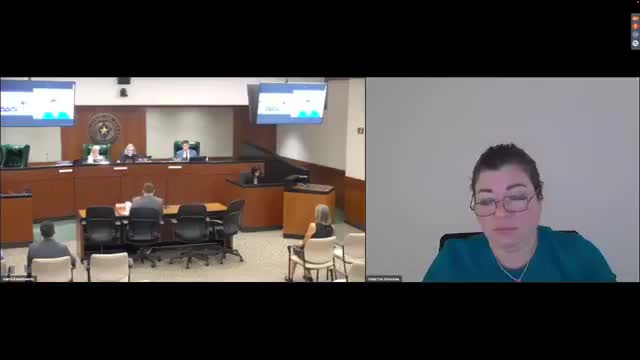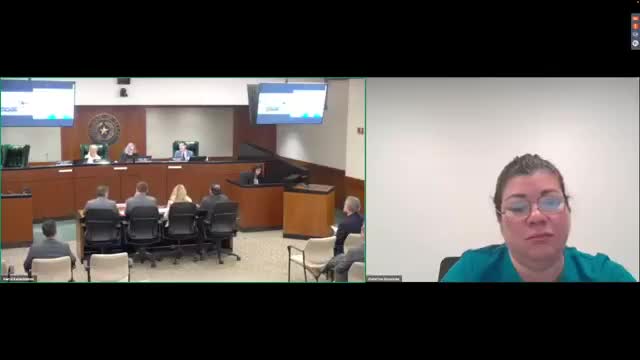Article not found
This article is no longer available. But don't worry—we've gathered other articles that discuss the same topic.

TCEQ refers PC2 LLC Type-1 landfill permit application to SOA; grants one affected party hearing

TCEQ approves New TPDES permit after ALJ, Executive Director and OPIC support

Coastal residents urge TCEQ to require fence-line air monitoring and caution on plastics expansion

